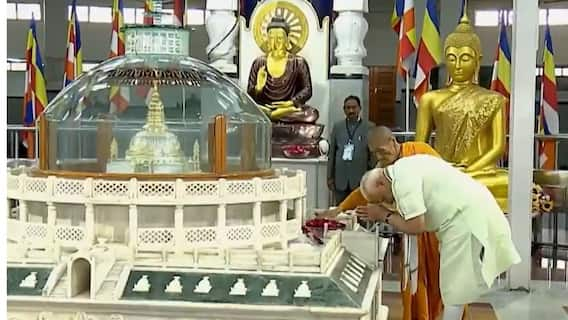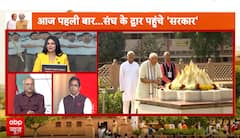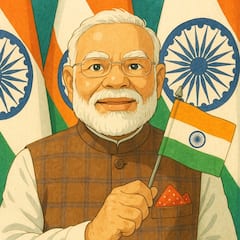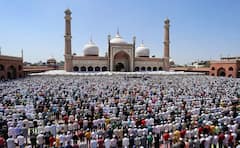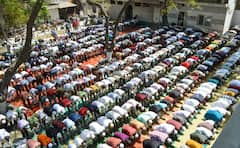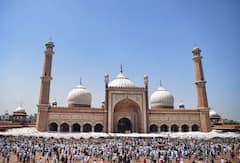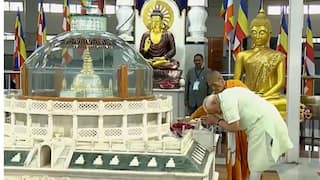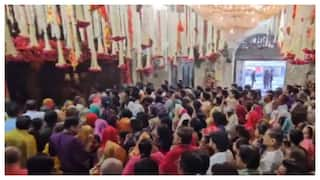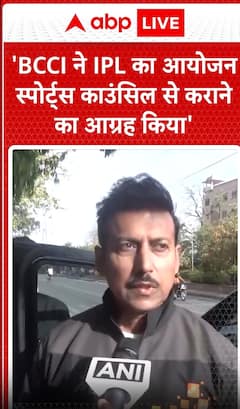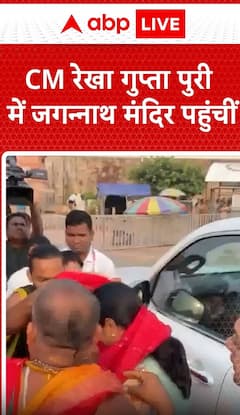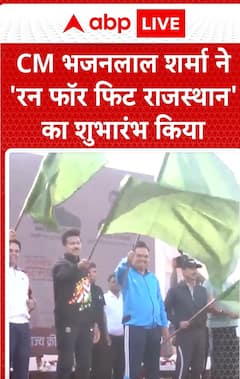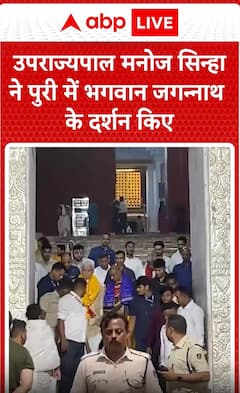Explorer
'Dilli Chalo' Farmer Protest Explained: Know The Farmers’ Fear, The Government's Stand And All About The Protest
Farmer unions believe the recent laws enacted at the Centre will dismantle the minimum support price (MSP) system. Over time big corporate houses will dictate terms and farmers will end up getting less for their crops, they argue.

PTI photo
Delhi Chalo Farmer’s protest march: Thousands of farmers, who are stationed at Delhi's Singhu and Tikri borders are up in arms against the Center's agricultural reforms enacted by the Centre in September. The protest has now entered the fourth day, and farmers have decided to hold a key meet to discuss their next move.
Here’s all about the farmer’s agitation that has created an uproar among the farmers’ community.
What are the three Farm laws enacted aimed at?
- Amending the Essential Commodities Act to deregulate prices and quantity sold of certain commodities deemed essential
- Making way to facilitate contract farming
- Allowing private markets to be set up outside the physical boundaries of the ‘Agriculture Produce Market Committees’ (APMC) mandis.
Follow Breaking News on ABP Live for more latest stories and trending topics. Watch breaking news and top headlines online on ABP News LIVE TV
View More
Advertisement
Trending News
Advertisement
Advertisement
Top Headlines
India
Cities
Cities
World
Advertisement








